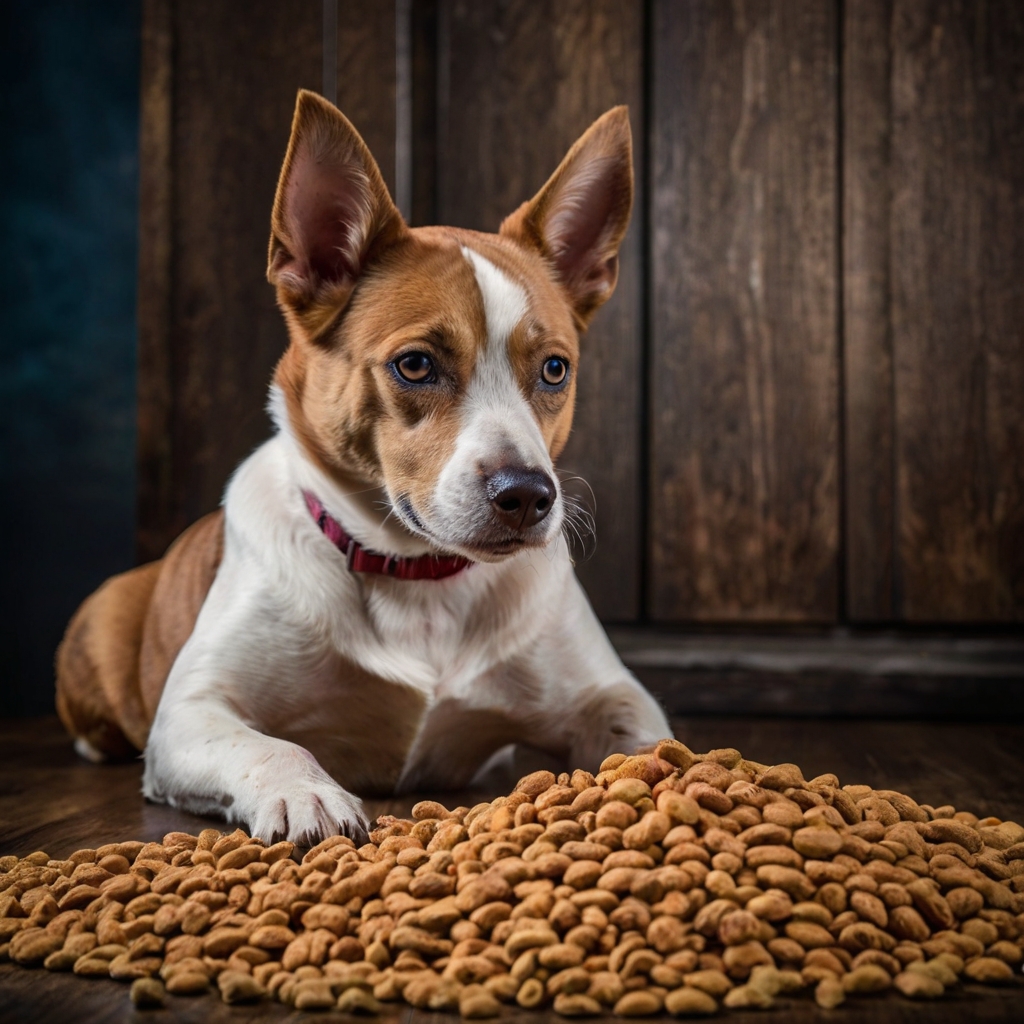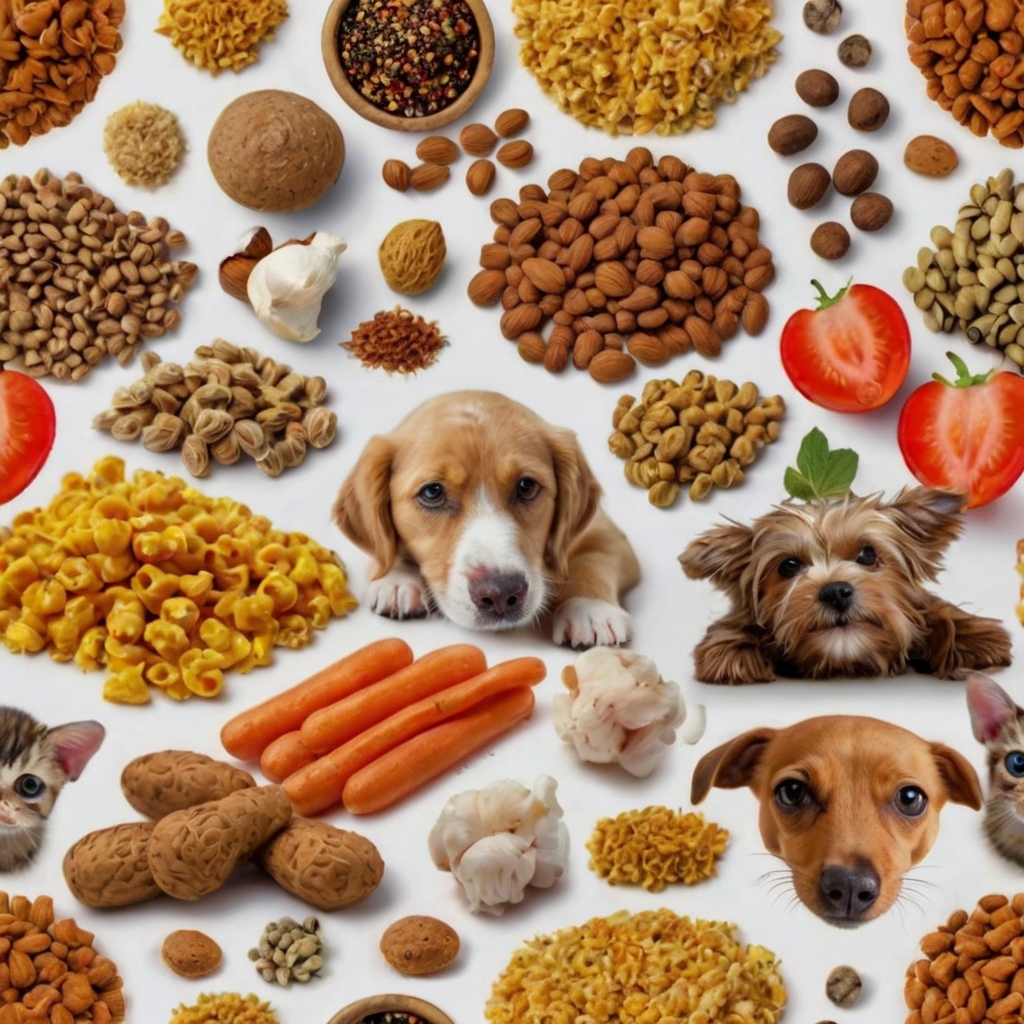Introduction
Choosing the right pet food is essential for the health and well-being of your beloved companions. This guide explores the significance of quality pet food, considerations for selection, and tips on ensuring your pets receive the nutrition they need to thrive.
Why Quality Matters in Pet Food
When it comes to pet food, quality makes a significant difference in your pet’s overall health and longevity. Here’s why:
Nutritional Adequacy
They contain balanced amounts of proteins, carbohydrates, fats, vitamins, and minerals essential for your pet’s growth and development. The quality pet food are formulated to meet the specific nutritional needs of different life stages and breeds.
Digestibility
High-quality pet foods are easily digestible, reducing the risk of digestive issues such as gas, bloating, and diarrhea. This ensures that your pet can absorb and utilize nutrients efficiently from their food.
Ingredients Matter
Premium pet foods prioritize high-quality ingredients. Look for named protein sources like chicken, lamb, or fish, and whole grains or vegetables. Avoid foods with excessive fillers, by-products, and artificial additives which may not contribute positively to your pet’s health.
Key Considerations When Choosing Pet Food
Read the Label
Always read the ingredients list and guaranteed analysis on pet food packaging. Look for a statement of nutritional adequacy from feeding trials conducted according to AAFCO (Association of American Feed Control Officials) standards.
Life Stage and Specific Needs
Consider your pet’s age, size, breed, and any specific health conditions when selecting pet food. Puppies, kittens, adult dogs, and senior pets have different nutritional requirements that should be addressed by their diet.
Consult Your Veterinarian
Your veterinarian can provide valuable insights into your pet’s dietary needs. They can recommend suitable pet foods based on your pet’s health status, activity level, and any special dietary considerations.
Ensuring Your Pet’s Food is Safe and Healthy
Check for Recalls

Stay informed about pet food recalls due to contamination or quality issues. Websites like the FDA’s pet food recall list can help you keep track of any potential concerns.
Storage and Handling
Properly store pet food in a cool, dry place, and ensure containers are tightly sealed to maintain freshness and prevent contamination.
Monitor Your Pet’s Health
Pay attention to any changes in your pet’s coat, energy levels, or digestive health that may indicate a problem with their current diet. Consult your veterinarian if you notice any concerns.
Conclusion
Choosing quality pet food is one of the most important decisions you can make for your pet’s health. By prioritizing nutrition, digestibility, and ingredients, you can ensure that your furry friends live long, healthy lives filled with vitality and happiness.
FAQs About Pet Food
How do I know if my pet is allergic to their food?
Allergic reactions in pets can manifest as itching, skin irritation, gastrointestinal upset, or chronic ear infections. If you suspect your pet has food allergies, consult your veterinarian for guidance on elimination diets or hypoallergenic food options.
